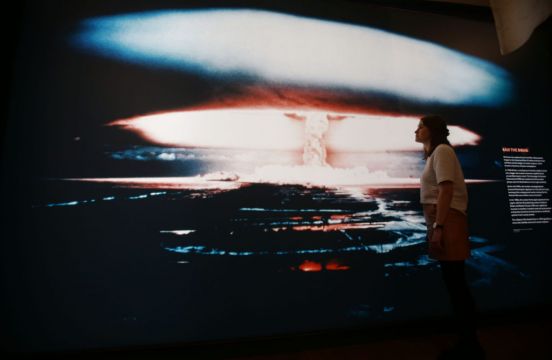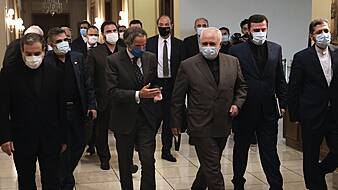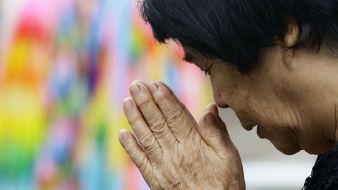The Treaty on the Prohibition of Nuclear Weapons will come into force on January 22nd, 2021.
It comes after Honduras became the 50th nation to ratify what the United Nations (UN) says is an 'historic' agreement.
The document bans the development, production, testing, storing, using or threats to use nuclear weapons.
However none of the world's major nuclear powers - the US, Britain, France, China or Russia - have signed it.
In a statement released today, Stéphane Dujarric, a spokesman for the UN Secretary-General said:
"The conditions for the entry into force of the Treaty on the Prohibition of Nuclear Weapons were met further to the deposit with the Secretary-General of the 50th instrument of ratification or accession of the Treaty.
"In accordance with its article 15 (1), the Treaty shall enter into force on January 22nd, 2021.
"The Secretary-General commends the States that have ratified the Treaty and salutes the work of civil society, which has been instrumental in facilitating the negotiation and ratification of the Treaty.
"Entry-into-force is a tribute to the survivors of nuclear explosions and tests, many of whom advocated for this Treaty.
"The entry-into-force of the Treaty on the Prohibition of Nuclear Weapons is the culmination of a worldwide movement to draw attention to the catastrophic humanitarian consequences of any use of nuclear weapons.
"It represents a meaningful commitment towards the total elimination of nuclear weapons, which remains the highest disarmament priority of the United Nations."
Today, the 50th ratification to the Treaty on the Prohibition of Nuclear Weapons was deposited with the Secretary-General.
This is a meaningful commitment towards the total elimination of nuclear weapons, the highest disarmament priority of the @UN. https://t.co/tCB3gcjTJh— UN Spokesperson (@UN_Spokesperson) October 25, 2020







